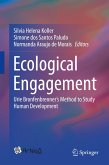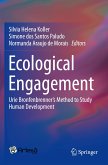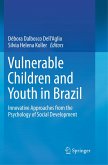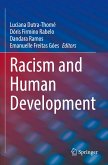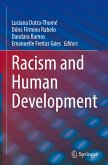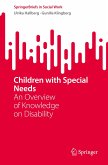This book shows how the Bioecological Theory of Human Development (BTHD) can be applied to the study of violence against children. Originally developed by Urie Bronfenbrenner to understand human development in general, BTHD offers a powerful framework to carry out a systemic analysis of the multiple levels of risk and protective factors associated with violence against children and provides the tools to develop interventions that go beyond the focus on the individual, addressing wider contextual factors.
The chapters of this book present various typologies of violence that can manifest in family, school, community, institutional, and structural contexts, viewed through the lens of the Bioecological Theory of Human Development. The key concepts of Person, Process, Context, and Time serve as the foundation for a critical analysis of the factors that render children vulnerable to experiences of violence. The chapters also aim to showcase research and interventions developed by psychologists who have dedicated their work to studying violence against children in a variety of different contexts.
Violence Against Children: Contributions of the Bioecological Theory of Human Development to Research and Intervention will be of interest to researchers in fields such as developmental psychology, education and social work who are interested in understanding violence from a systemic theoretical perspective, culturally situated within various realities. It will also be a useful resource for professionals working with children victim of violence, such as social workers, teachers and mental health practitioners, empowering them to engage in ethically and politically committed actions that drive the necessary social transformations for effectively combating violence against children worldwide, regardless of gender, race, ethnicity, social class, religion, or citizenship status.
The original manuscript of this book was written in Portuguese and translated into English with the help of artificial intelligence. A subsequent human revision was done primarily in terms of content.
The chapters of this book present various typologies of violence that can manifest in family, school, community, institutional, and structural contexts, viewed through the lens of the Bioecological Theory of Human Development. The key concepts of Person, Process, Context, and Time serve as the foundation for a critical analysis of the factors that render children vulnerable to experiences of violence. The chapters also aim to showcase research and interventions developed by psychologists who have dedicated their work to studying violence against children in a variety of different contexts.
Violence Against Children: Contributions of the Bioecological Theory of Human Development to Research and Intervention will be of interest to researchers in fields such as developmental psychology, education and social work who are interested in understanding violence from a systemic theoretical perspective, culturally situated within various realities. It will also be a useful resource for professionals working with children victim of violence, such as social workers, teachers and mental health practitioners, empowering them to engage in ethically and politically committed actions that drive the necessary social transformations for effectively combating violence against children worldwide, regardless of gender, race, ethnicity, social class, religion, or citizenship status.
The original manuscript of this book was written in Portuguese and translated into English with the help of artificial intelligence. A subsequent human revision was done primarily in terms of content.


